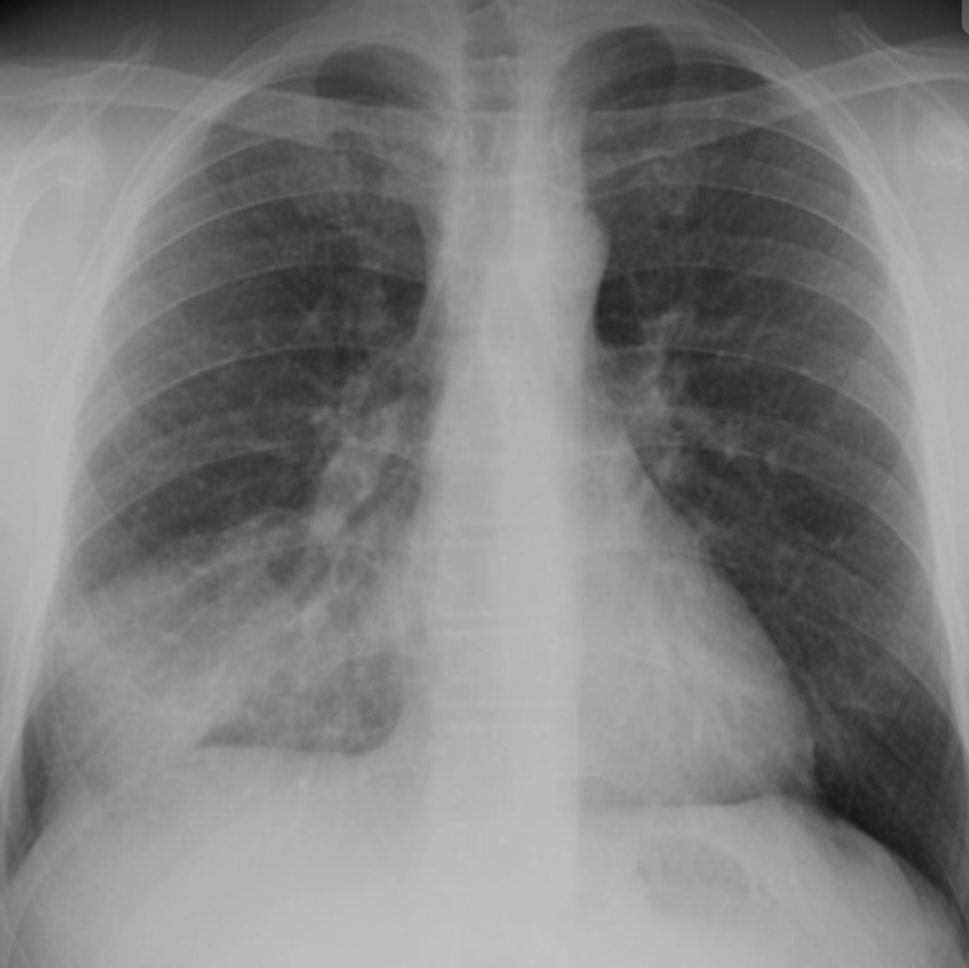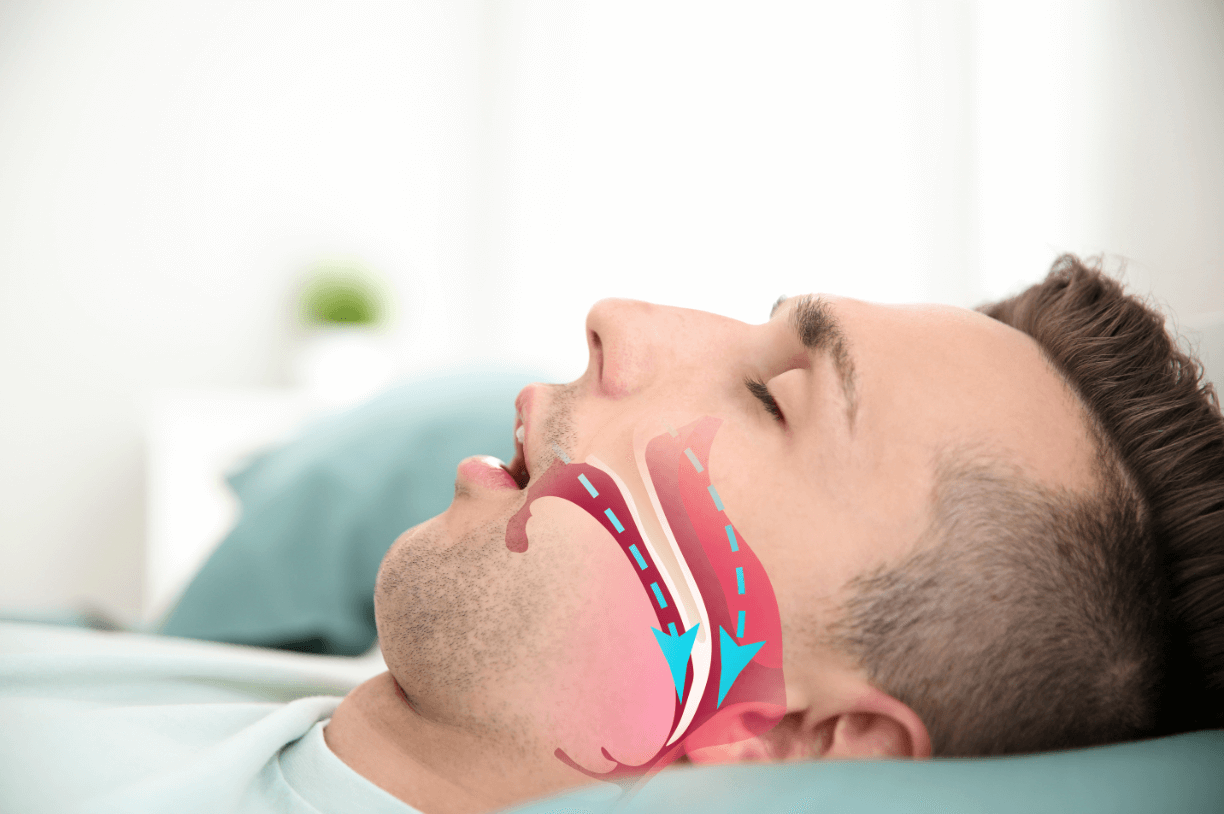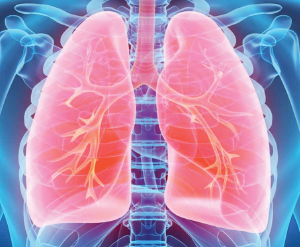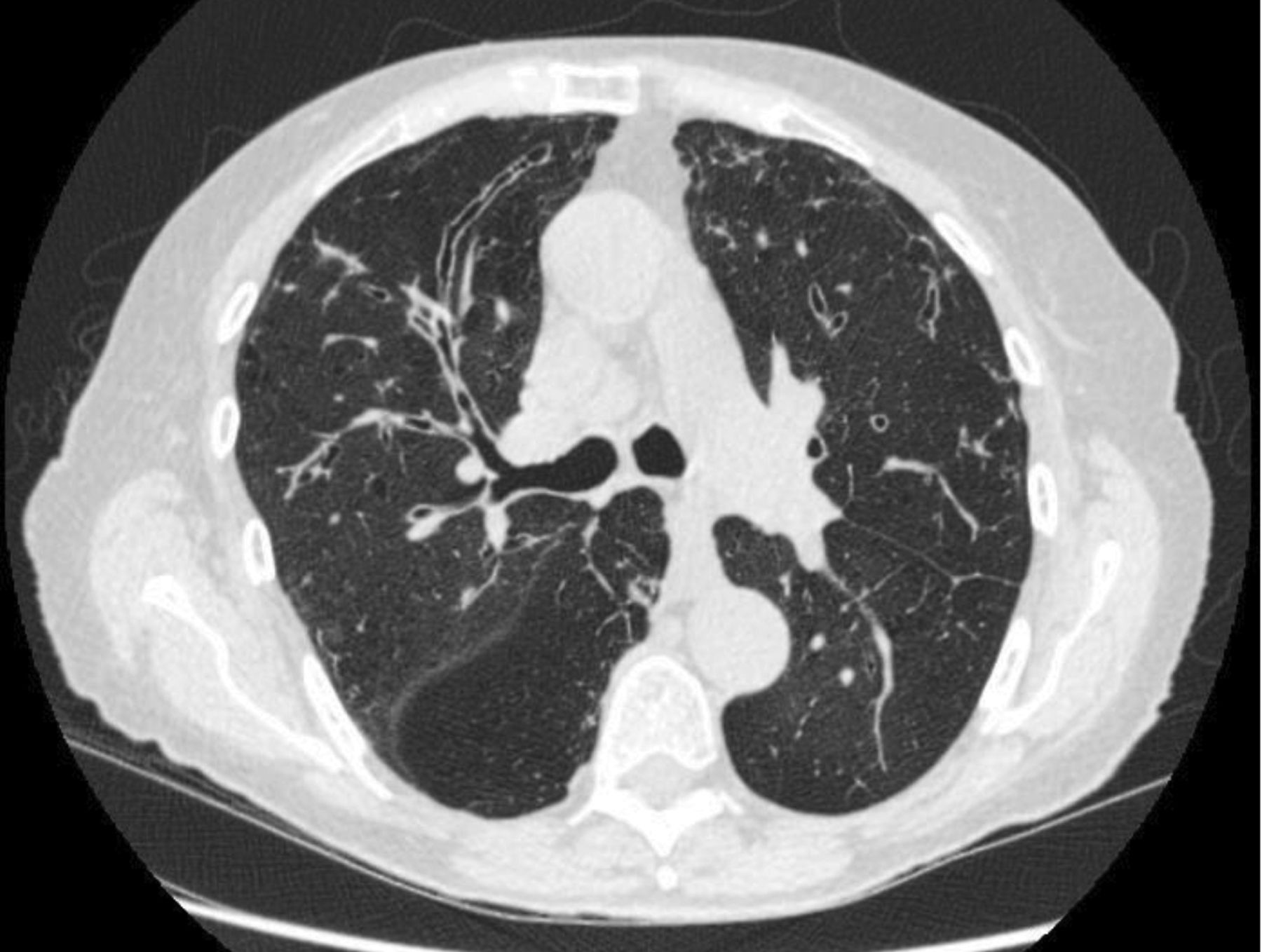Speciality – Allergy
Allergy – What We TreatAllergist Dubai
Several allergic and immunologic conditions, that can include:
- Allergic rhinitis (hay fever)
- Asthma (both allergic and non-allergic)
- Urticaria (hives)
- Cough
- Angioedema (swelling)
- Food allergies

Dr Ikbel sees patients with symptoms that may be caused by an allergy, such as coughs, sinus headaches, or itching. We also treats patients suffering from less common conditions, such as recurrent infections due to problems with their immune systems.
Speciality – Allergy
Allergy – Diagnosis & Treatment
We offer techniques to diagnose and treat patients affected by allergic and immunologic conditions.
Diagnosis with Allergy & Immunology in Dubai
Dr Ikbel obtains a detailed patient history and conducts a physical examination. Based on this information, one or more of the following tests may be performed to help confirm the allergy and determine the best treatment for the patient:
- Skin prick testsSkin testing is a way to determine what’s causing a patient’s allergy symptoms. Concentrated amounts of allergens, such as dander, dust mites, mold, and foods, are placed on the patient’s skin to see if they cause a reaction, like redness and swelling. With a skin prick test, the physician scratches the outer layer of the skin where the allergen was placed. A safe and simple test, it provides results in 15-20 minutes
- Blood testsThese tests involve a single needle prick to obtain a blood sample, which is then tested at a laboratory. They measure levels of antibodies (a type of protein produced as part of the body’s defense against infection and disease) released in the blood during an allergic reaction.
- Lung functionOne or more types of tests known as lung function tests help confirm a diagnosis of asthma. These tests measure breathing and show how well the patient’s lungs are working.
Speciality – Allergy
Treatment with Allergy & Immunologyin Dubai
Once a diagnosis is confirmed, patients receive individualized care plans and training for the optimal use of inhalers, nasal sprays and adrenaline autoinjectors (EpiPens). Patients with a specific sensitivity may be offered the option of desensitization. This stimulates the immune system with gradually increasing doses of the substances to which a person is allergic to modify or stop the allergic response. This can be done without injections for a wide range of allergens.
Improve Your Health,Improve Your Life.








